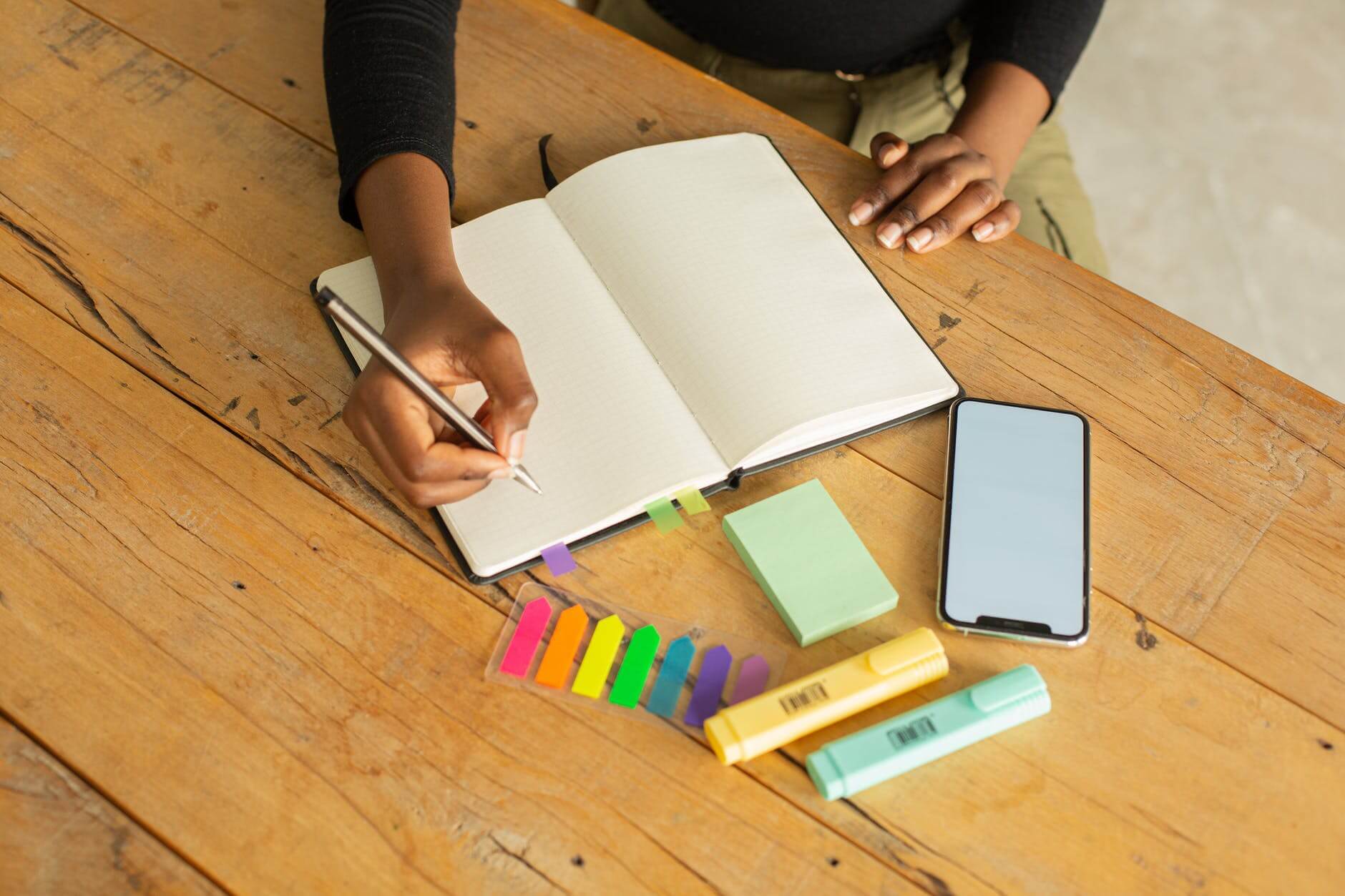Emotional Intelligence: Tips to Help You at Work

It is difficult for us to perform our work correctly, but not because of a lack of skills or knowledge, but because of emotional discomfort. Today we want to know a little more about what emotional intelligence is and how to apply some of its aspects to the world of work.
Emotional intelligence first appeared as a concept in 1995, through the book of the same name by Daniel Goleman. Goleman defines it as the ability to analyze and control our emotions, helping us to make better decisions and build solid relationships.
Gradually, and especially in recent years, some of the so-called soft skills that companies demand are closely related to emotional intelligence. So much so that today we will see how we can use it in our day-to-day work.
Index
- 5 ways to use emotional intelligence at work
- Put your empathy into practice
- Show yourself vulnerable if you need to
- Work on your well-being and mental health
- Reflect on others’ criticisms and comments
- Create personal bonds with your colleagues
5 ways to use emotional intelligence at work
Emotional intelligence is an essential part of a human, which can and should be developed from the earliest stages of growth. It can be applied to any area of life, and today we will talk about the world of work. Today, more and more companies begin to understand the importance of emotional intelligence at work. Among them, PaperHelp, a company that helps students with “write my paper” questions. Understanding own emotions and the ability to healthy communication with colleagues is as essential for productive work as having professional skills. In this article, you will find five tips of emotional intelligence that will help you at work.
1.Put your empathy into practice.
To offer a simple definition, empathy is nothing more than putting yourself in the other person’s shoes in a specific situation. It should be the basis to start building bridges between the whole team and improve in the pursuit of a common goal. Empathy will improve your happiness and encourage collaboration in any task you face.
To start being more empathetic, try to listen to people carefully as they speak, not just think about the answer you will give. In this way, you will discover interests and backgrounds that will tell you a lot about others, so you will stop prejudging and understand the other person’s position, even if it is different from yours.
2. Show yourself vulnerable if you need to
As defined by psychologist Nick Wignall, “the willingness to acknowledge emotions to others, especially the most painful ones.” Those more challenging to show, such as shame, frustration, or anxiety, are important to share with those we care about. Then we can acknowledge that we feel them and want to address them in one way or another.
Becoming emotionally vulnerable may result in a complicated or uncomfortable situation, but it is a courageous act that will help you calm down and strengthen your relationship with others. Try talking about these emotions without beating around the bush, don’t hide them as if they don’t exist, even try keeping a journal in which you speak only on your emotions.
3. Work on your well-being and mental health
Depressive disorders and anxiety disorders are common in almost half of the adults in our country. Especially in recent months, in which we have suffered a global pandemic, these symptoms have increased. This problem must be addressed initially or even preventively, as it can affect both relationships and productivity.
Take care of yourself every day through a routine that motivates you. Find half an hour to go outdoors, reduce the time you spend in front of a screen and devote quality time to those around you and to the activities you enjoy the most. It would even be interesting for you to see a therapist, even though the Internet.
4. Reflect on the criticisms and comments of others
Change the way you deal with these types of comments. Many of us are concerned, or even frightened, by these criticisms, something completely normal. Listening to shortcomings and poorly executed actions is not pleasant, but we should take advantage of this as a form of feedback.
Ask yourself why a criticism bothered you, how you reacted to it, or whether or not it was well-founded. Try to see these negative comments as opportunities to grow and develop yourself in the best way. Identify your mistakes and use your development to emphasize your relationship with customers and employees.
5. Create personal bonds with your colleagues
Teamwork is one of the best ways to be efficient and form a block to advance within the company. Social bonds will become stronger and stronger, something that will help you in your personal life and the workplace. Although new work methods, such as remote work, may have separated you from your regular colleagues, try to encourage bonding with different activities. Try to organize virtual lunches, digital break rooms where you can spend free time with them, or other ways to create a group feeling and travel in the same direction.






